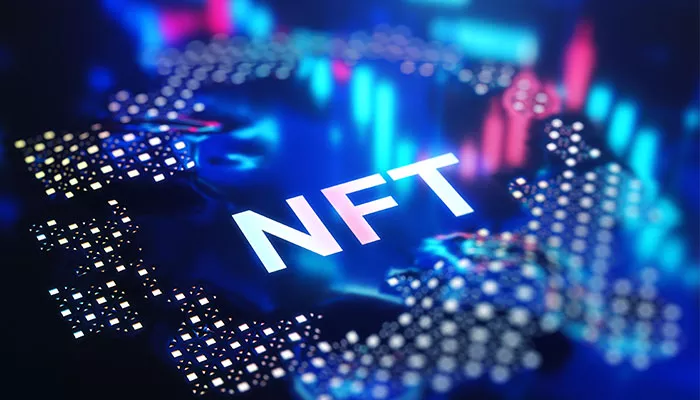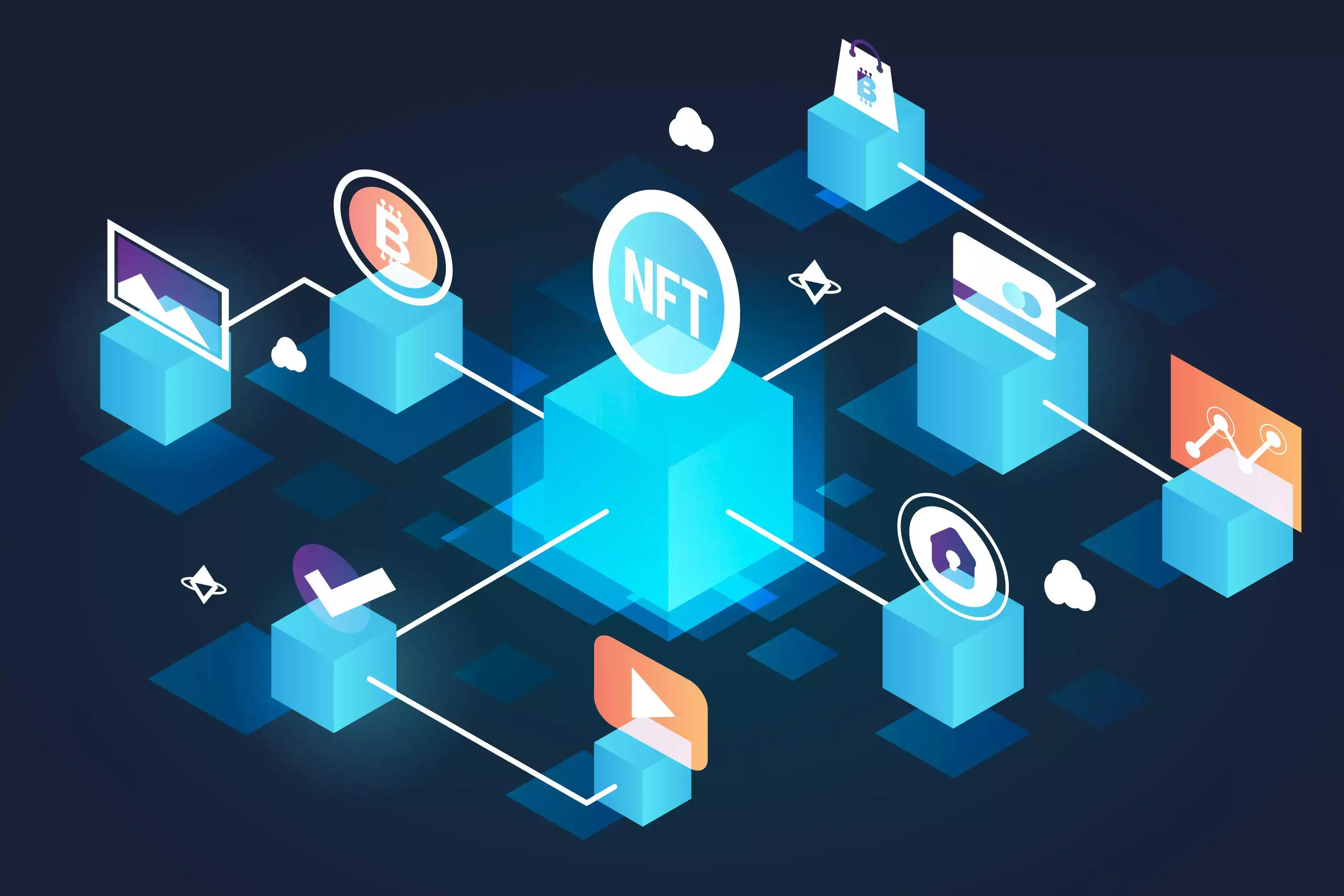Understanding NFTs: What Consumers Seek in the Evolving Digital Asset Landscape
Non-Fungible Tokens (NFTs) have revolutionized digital ownership, enabling consumers to buy, sell, and trade unique digital assets across various platformsNon-Fungible Tokens (NFTs) have revolutionized digital ownership, enabling consumers to buy, sell, and trade unique digital assets across various platforms. As the NFT market matures, understanding consumer preferences becomes crucial for creators, investors, and platforms aiming to thrive in this dynamic ecosystem.

What Consumers Seek
1. Utility and Practical Value
Consumers increasingly favor NFTs that offer tangible benefits beyond mere ownership. Utility-driven NFTs provide access to exclusive content, events, or services, enhancing their appeal. For instance, NFTs granting entry to virtual concerts or special community privileges are gaining traction, as they deliver real-world value alongside digital ownership.
2. Integration with Real-World Assets
The tokenization of physical assets into NFTs allows for fractional ownership and easier transferability of high-value items like real estate and luxury goods. This integration appeals to consumers interested in diversifying their investment portfolios with tangible assets represented digitally.
3. Enhanced Visual Presentation
The visual representation of NFTs significantly influences consumer preferences. Studies indicate that consumers prefer NFTs with compelling and high-quality visuals, especially when authenticating luxury products. Aesthetic appeal and clear visual representation can enhance perceived value and trustworthiness.
4. Environmental Considerations
Eco-conscious consumers are concerned about the environmental impact of blockchain technologies. NFTs minted on energy-efficient platforms or those that offset their carbon footprint are more attractive to this demographic, reflecting a growing demand for sustainable digital practices.
5. Security and Authenticity
Trust remains a cornerstone in the NFT marketplace. Consumers seek platforms that offer robust security measures, clear provenance, and authenticity verification to protect against fraud and ensure the legitimacy of digital assets.
6. Community and Social Engagement
NFTs that foster a sense of community or social interaction are highly valued. Whether through exclusive membership in digital clubs or participation in collaborative projects, the communal aspect enhances the ownership experience, making it more engaging and rewarding.
7. Regulatory Transparency
As regulatory scrutiny of NFTs increases, consumers prefer platforms that comply with legal standards, ensuring their investments are protected. Transparency regarding legal obligations and consumer rights builds trust and confidence in the marketplace.

8. Market Trends and Future Outlook
The NFT market is poised for continued growth, with projections indicating a significant increase in market size and adoption rates. Consumers are becoming more discerning, seeking NFTs that offer long-term value, practical utility, and integration with emerging technologies like the metaverse and virtual reality.
In conclusion, as the NFT landscape evolves, consumers are gravitating towards digital assets that provide practical utility, aesthetic appeal, environmental sustainability, security, and community engagement. Understanding these preferences is essential for creators and platforms aiming to meet consumer demands and succeed in the competitive NFT marketplace.
